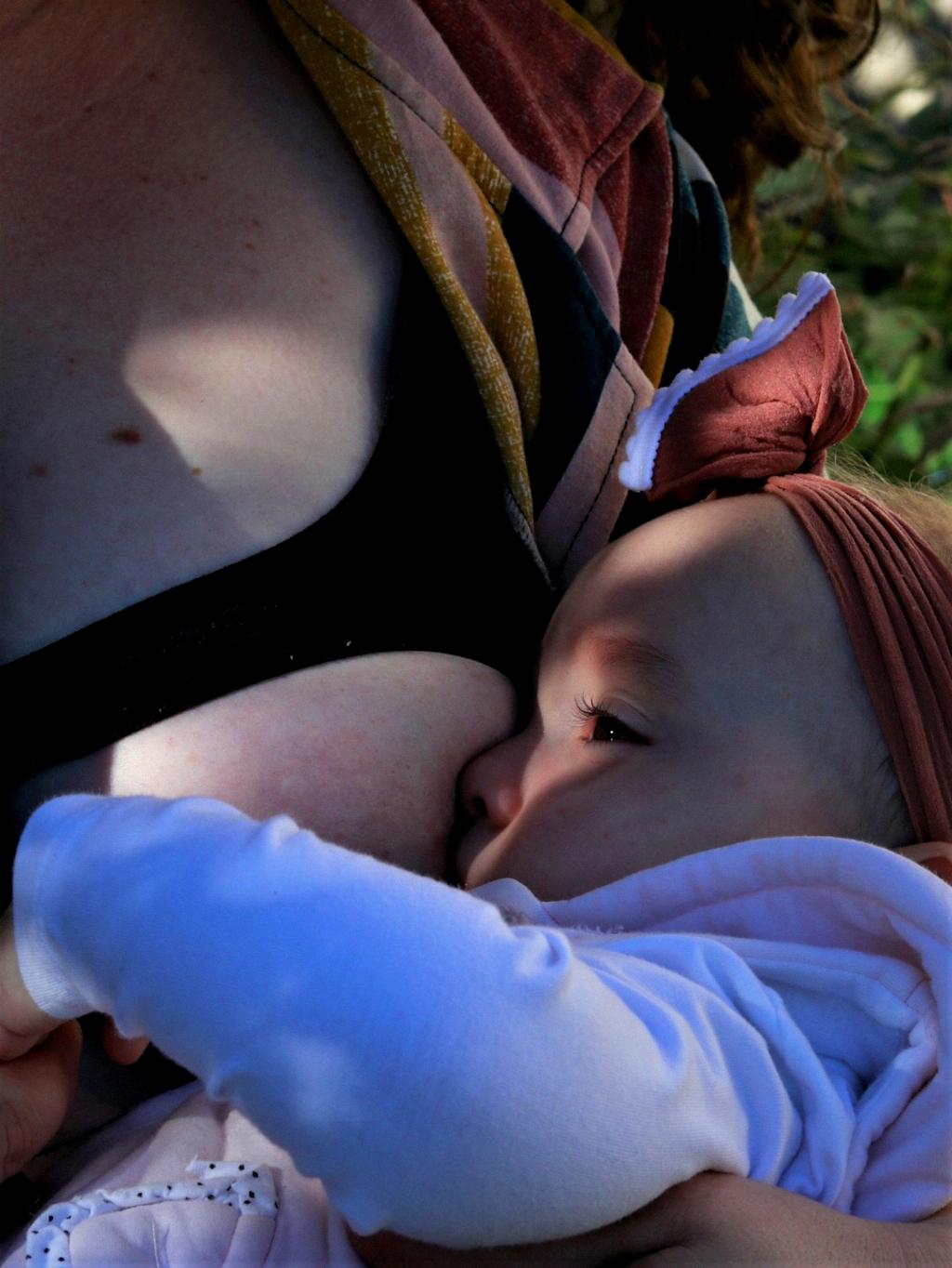As parents, one of the biggest concerns is making sure our little ones get plenty of restful sleep. And when it comes to caffeine, many nursing mothers may wonder if consuming caffeine can affect their baby’s sleep patterns. The good news is that according to recent research, caffeine consumption during pregnancy and by nursing mothers does not seem to have consequences on the sleep of infants at the age of 3 months.
While it’s reassuring to know that caffeine consumption may not directly impact a baby’s sleep, it’s important to remember that every baby is different. Some babies may be more sensitive to caffeine than others. So, if you notice that your baby is having trouble sleeping or staying awake for extended periods, it may be worth considering your caffeine intake and its potential effects.
It’s also important to keep in mind that caffeine can pass through breastmilk, so the amount of caffeine a nursing baby is exposed to depends on the mother’s consumption. While the general consensus is that moderate caffeine consumption is unlikely to keep a baby awake, excessive caffeine intake could potentially have an impact on their sleep patterns.
When it comes to caffeine consumption while breastfeeding, moderation is key. If you’re a nursing mother who enjoys a daily cup of coffee or tea, there’s no need to worry about cutting caffeine out completely. However, if you’re concerned about your baby’s sleep or overall well-being, it may be worth reducing your caffeine intake or monitoring your baby’s reactions after consuming caffeine.
It’s always a good idea to consult with your healthcare provider if you have any questions or concerns about caffeine consumption while breastfeeding. Your healthcare provider can provide personalized advice based on your individual circumstances and help you make informed decisions about your diet and its potential effects on your baby.
Ultimately, the relationship between caffeine consumption in breastmilk and a baby’s sleep patterns is not completely clear-cut. While some studies suggest that caffeine may not have a significant impact on infant sleep, other factors such as individual sensitivity to caffeine and overall health should be taken into consideration. As a parent, it’s essential to pay attention to your baby’s cues and behavior to determine if caffeine consumption is affecting their sleep.
In conclusion, while caffeine consumption in breastmilk does not seem to have noticeable effects on infant sleep at 3 months of age, it’s essential to approach caffeine consumption while breastfeeding with caution and moderation. Every baby is unique, and what works for one may not work for another. By staying informed, monitoring your baby’s behavior, and listening to your healthcare provider’s advice, you can make the best decisions for you and your baby’s well-being.

